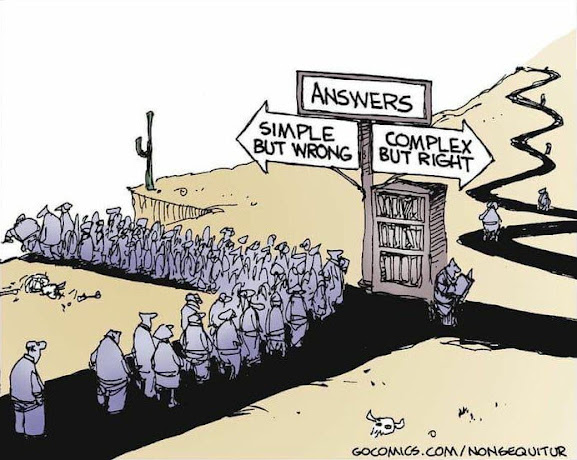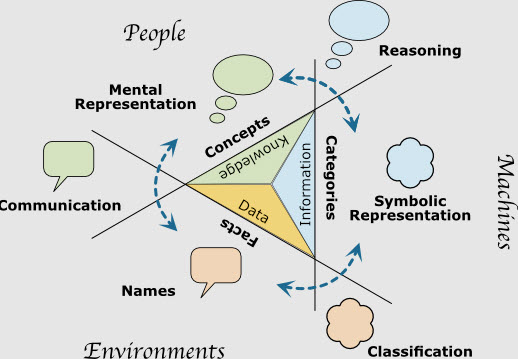Need for Logical Schema

In order to effectively exchange information, a logical schema is necessary . Why? Because, without that logical schema you simply cannot prove to yourself or others using the information that the information represented is not "garbage". Without a logical schema you simply cannot prove to yourself that you have represented the information correctly. Further, without a logical schema anyone trying to make use of that represented information cannot understand how to do so and cannot verify for themselves that the information represented is not garbage. That is the fundamental purpose of the Seattle Method which I have summarized in the document Purpose of Seattle Method . In that document I provide 9 verification categories. That last "Other" is a catch all where additional verification can be added. I have combined two math related verification categories that I had separated out because of an XBRL related idiosyncrasy. These are the seven MINIMUM verificat


